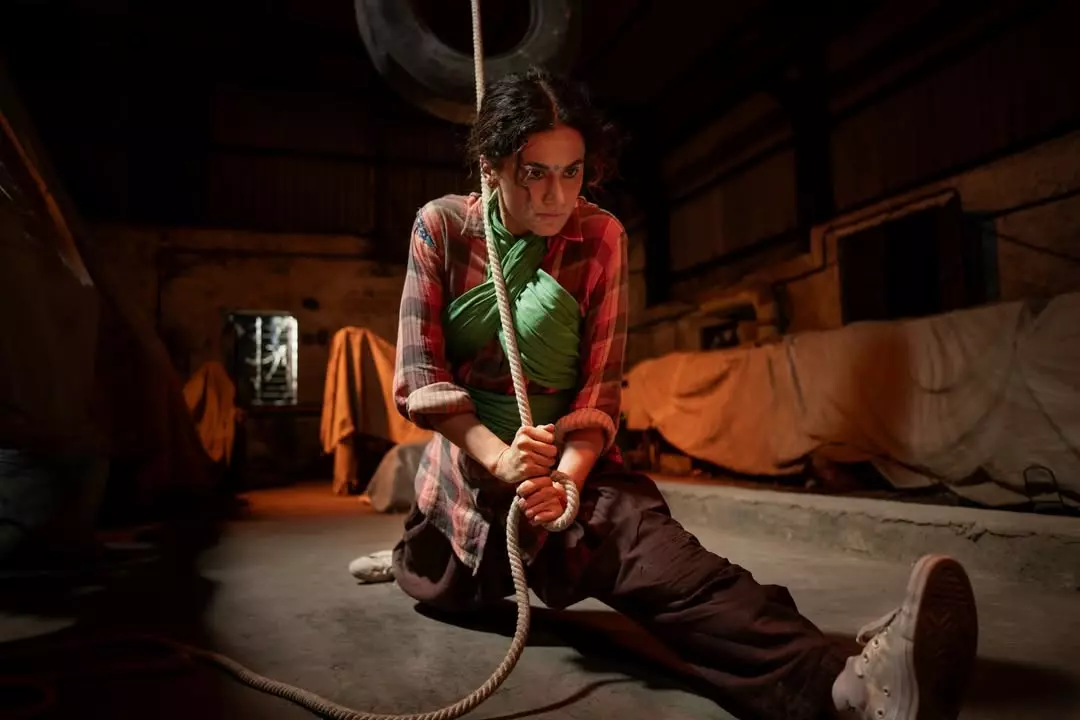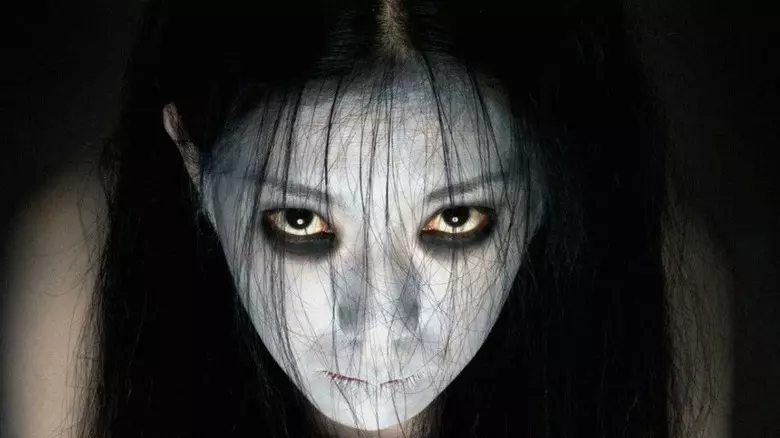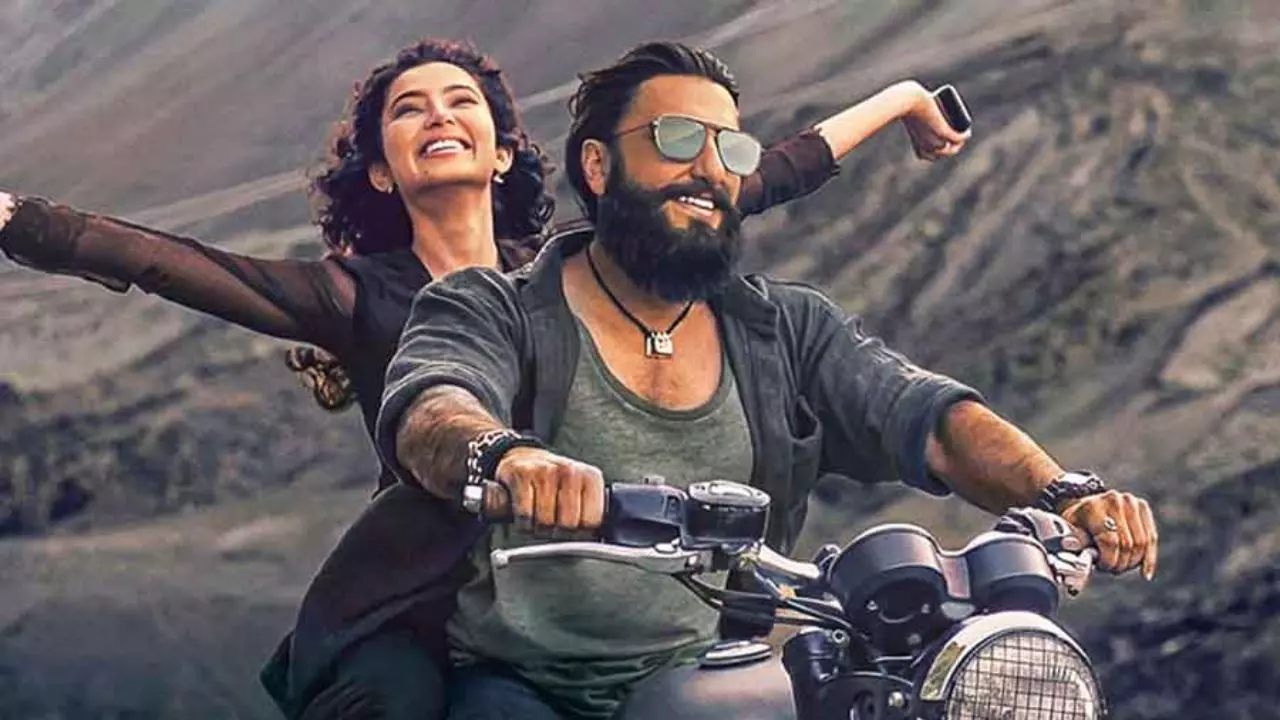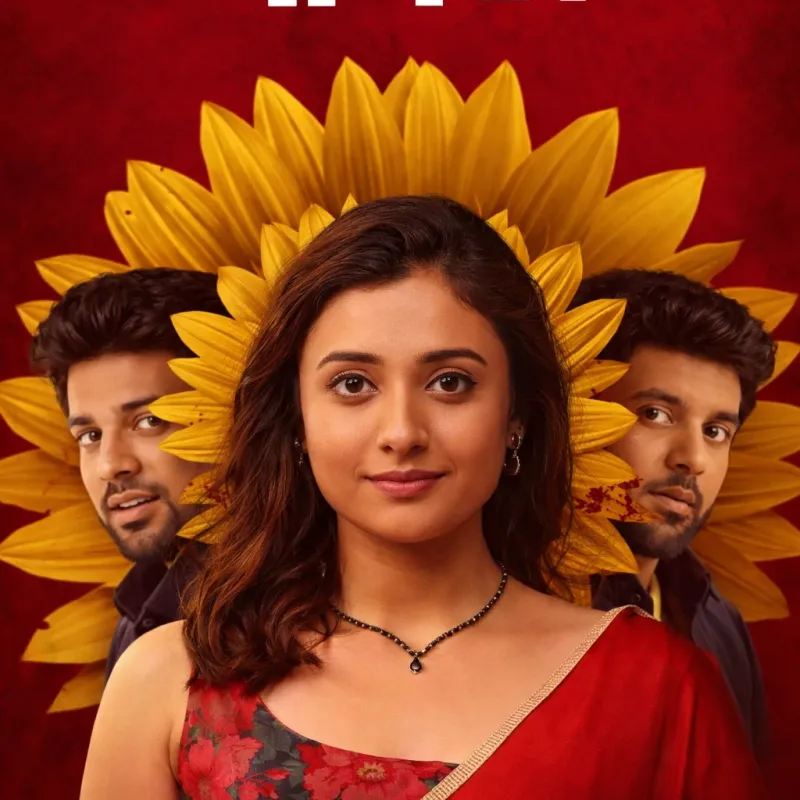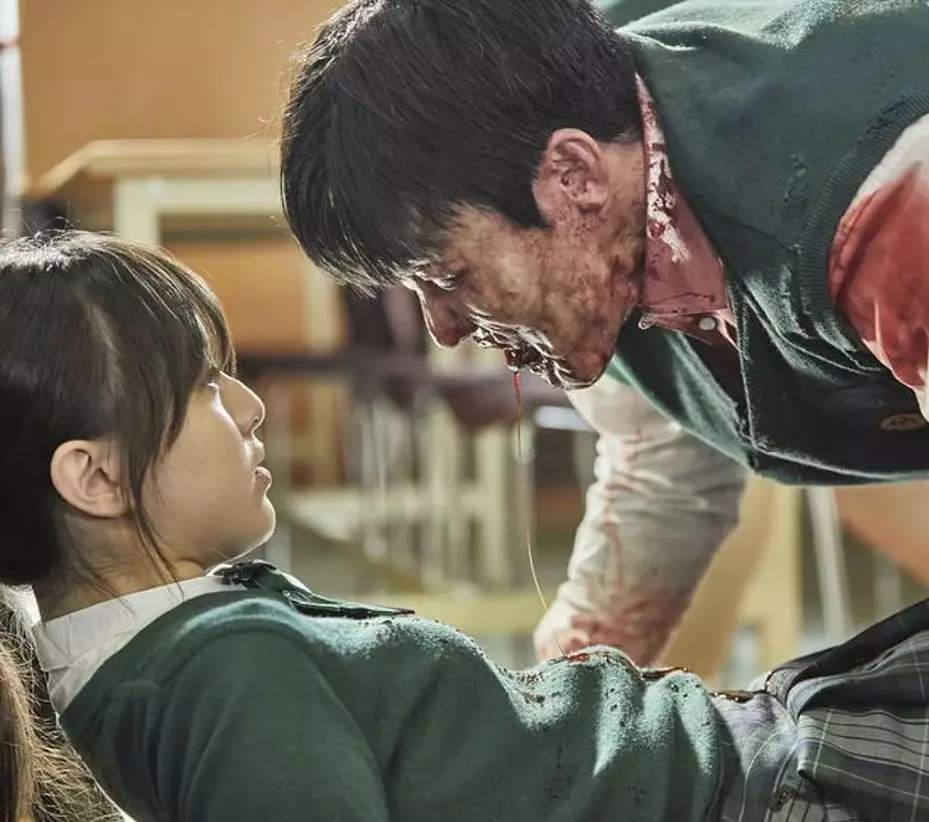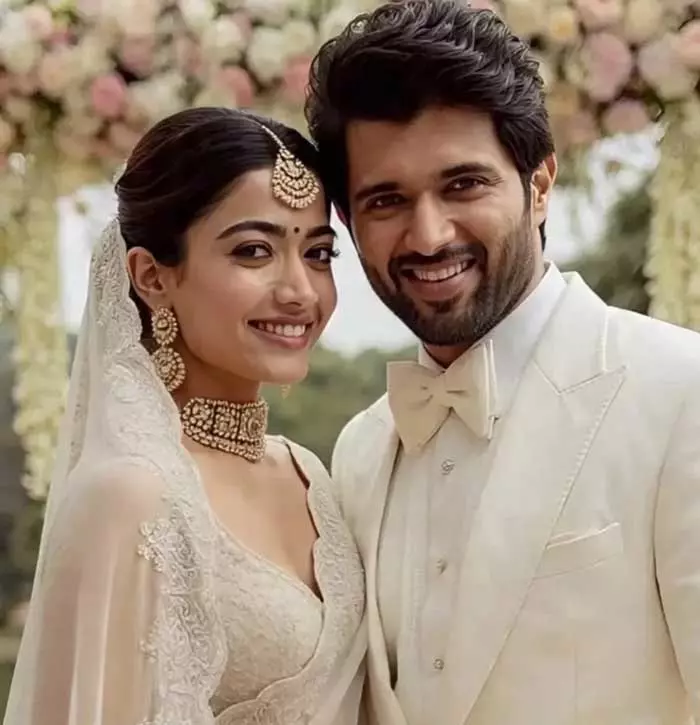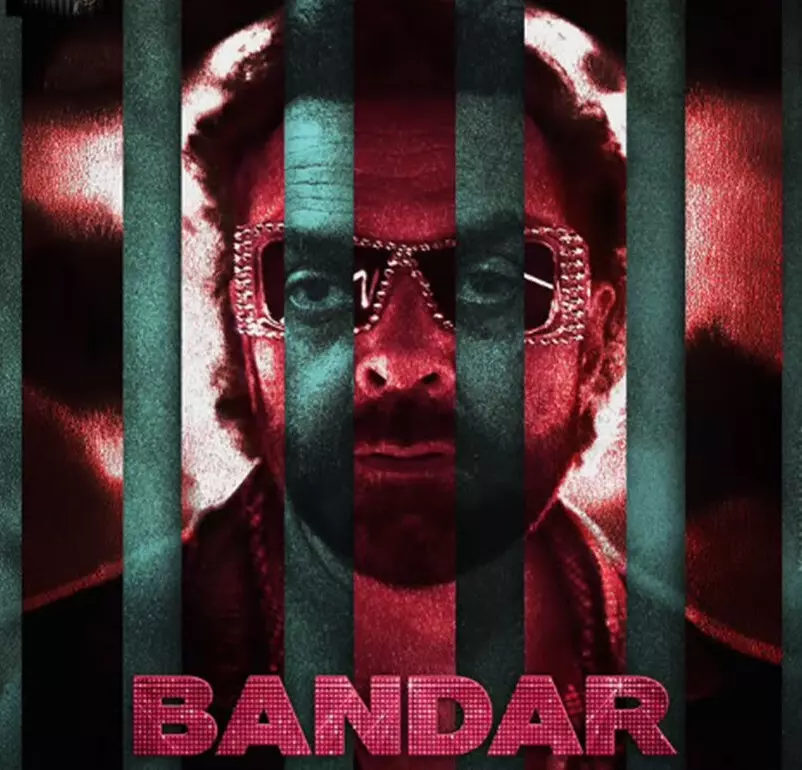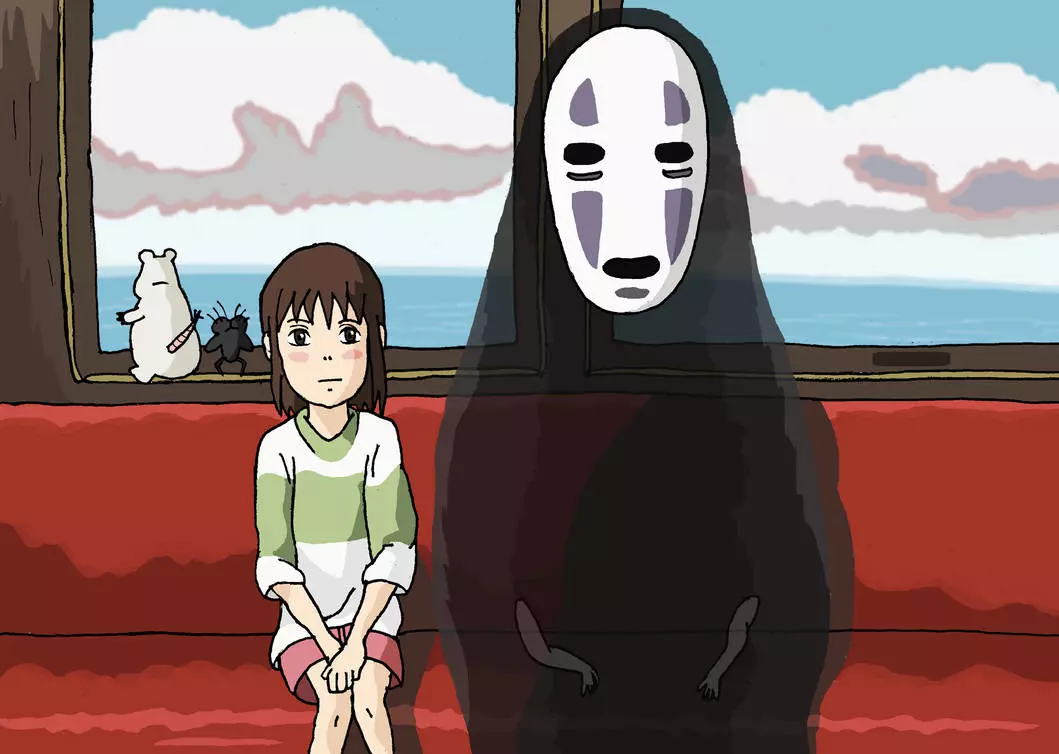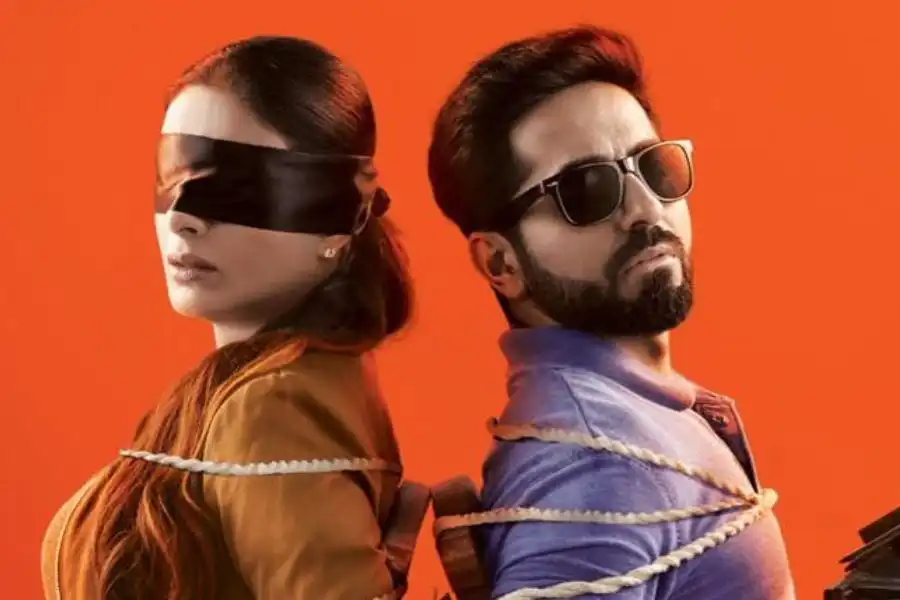Table of Content
2018 has been a year when several path-breaking and historical verdicts were given by the Supreme Court in matters of great importance. The year saw the governance of two CJIs- CJI Dipak Misra and CJI Ranjan Gogoi. Presently CJI Ranjan Gogoi holds the office. But certain significant verdicts on Sabarimala, Aadhaar, Homosexuality, Adultery, etc were delivered by Justice Misra. On the other hand, VJI Gogoi gave the year an interesting ending with the Rafale judgment as it leads to different responses in the political community.
You Might Also Like: The Things That You Need To Know About The Army Day And Its Celebration
It was a remarkable day in the history of the country when the Apex court ruled the verdict that Homosexuality and Adultery are no longer criminal and were removed from the penal statutes. The Supreme Court also legalized passive euthanasia and gave every citizen its fundamental right of dying with dignity. It also sustained the Aadhaar verdict after a long series of debate.
It was also a year of furthering women's rights and equality. The Supreme Court in its verdict allowed women to enter Sabarimala, after centuries of discrimination based on religion and customs. Another stepping stone and a moment of pride were when Justice Indu Malhotra made history by becoming the first Indian woman Judge to be elevated to Supreme Court straightforwardly from the Bar.
With advancements in the coming year, we may be able to see the Court proceedings without actually being physically present there, as a petition for live streaming of court proceedings was permitted by the Apex Court.
Taking a flashback into the year, here is a list of 35 significant Judgments delivered by the Supreme Court in 2018.
Sabarimala- The bench consisted of only one woman, Justice Indu Malhotra who dissented against the verdict on the grounds that court must not interfere in religious matters unless it is a matter of an aggrieved person that requires attention. In the judgment, it was made clear that ‘devotion cannot be subjected to gender discrimination’ and hence permitted the entry of women in the Sabarimala temple. It was a wave of liberation for women after years of discrimination, not allowing them to enter the temple.
Homosexuality- Section 377 of the Indian Penal Code was declared unconstitutional and the 157 year old law that criminalized consensual homosexual acts was removed.
The removal of this law led to a wave of equality across the country. While many supported the act, many condemned it too. But it was marked as one of the most revolutionary judgments of all times.
Aadhaar- The Supreme Court of India ruled out the necessity of linking Aadhaar cards for opening bank accounts, buying mobile phone SIM cards, acquiring school admissions, or common entrance examinations. As per the report submitted by Justice D Y Chandrachud in his minority judgment said that the access through Aadhaar confronts serious impediment. He added that “The architecture of Aadhaar poses a risk of potential surveillance activities through the Aadhaar database.”
Hence, Sections 33(2),47 & 57 Of Aadhaar Act was removed and Private entities have no right to ask for Aadhaar Cards now. But it is necessary to link your PAN (Permanent Account Number) with Aadhaar.
You Might Also Like: Discover Importance Of Celebrating National Girl Child Day & Be Part Of The Movement
Adultery- A five-judge Constitution bench unanimously held Section 497 of the Indian Penal Code as unconstitutional and struck down the provisions of the law. The bench consisting of Chief Justice Dipak Misra, Justices R F Nariman, A M Khanwilkar, D Y Chandrachud and Indu Malhotra declared that Section 497 is unconstitutional. The Chief Justice of India and Justice Khanwilkar remarked that "We declare Section 497 IPC and Section 198 of CrPC dealing with the prosecution of offences against marriage as unconstitutional.”
The court remarked that the law on adultery violates a woman’s individuality and was clearly arbitrary. CJI Dipak Misra highlighted that adultery could be used as a ground for divorce by a husband or a wife in matrimonial cases but it is not a criminal offence.
Euthanasia- The Supreme Court acknowledged the Right To Die With Dignity as a Fundamental Right and hence passive Euthanasia and Living Will were legalized. The Bench issued several guidelines in this regard. It also mentioned that the right to a dignified living also consists of the easy and painless process of dying in case of a terminally ill patient. The same shall be applicable in case of a person in a constant vegetative state without any hope of improvement.
SC/ST Reservation for Promotions- A bench of five Supreme Court Judges held that there is no need of referring to the 2006 Judgment in Nagraj Case for consideration of larger Bench. Though, the judgment by Justice Nariman stated that there is no necessity to gather quantifiable information of backwardness of SC/STs to offer reservation in promotions. The pronouncement in Nagraj was held opposing to Indira Sawhney decision that said that it was prerequisite for offering a promotion that quantifiable data proving the backwardness of the candidate was collected. After the last hearing, the Bench has reserved the judgment day as August 30, 2019.
Section 498 IPC- This year the Supreme Court of India modified Section 498 of the Indian Penal Code. It withdrew the directions issued by a two-judge panel in the Rajesh Sharma case and stated that the complaints under Section 498A IPC are no more required to be scrutinized by Family Welfare Committees prior to advance legal action by police. So the new verdict by the Supreme Court says no to ‘Welfare Committees’.
Hadiya- The Supreme Court of India has been making some exceptional amendments and declarations this year and one of them was that the Supreme Court overruled Kerala High Court’s judgment of annulling the marriage of Hadiya and Shafin Jahan. The Supreme Court gave a revised judgment in
Ayodhya- A case that has been long going now. This year a major verdict was that the Supreme Court refused to pass on the Ayodhya-Ram Janmabhoomi land dispute case to a bigger bench by a 2:1 majority. The majority judgment elucidated stating that the mosque cannot be considered as an integral part of Islam
Live Streaming of Supreme Court Proceedings- Soon the Supreme Court proceedings will be live streamed. The declaration was made in September 2018 and in the coming year, we shall be able to see the live streaming of Supreme Court proceedings. The declaration was made keeping in mind the ‘public right to know’. The Bench also declared that the rules for the same shall be framed soon under Article 145 of the Indian Constitution.
Rafale- The Supreme Court dismissed a number of petitions seeking a self-regulating investigation into the 2015 Rafale deal. It stated that the Supreme Court cannot be influenced by individual perceptions. The bench further explained that the restrictions of judicial review in reference to defence procurements have to be decided only after a consideration of the facts and conditions.
Lynching- With the rise in the incidents of lynching this year, the Supreme Court made a landmark judgment and condemned the lynching incidents all over the country. Chief Justice Dipak Misra, heading the Bench in his statement said that the terrible acts of lynching cannot be allowed to become a new custom in the Country.
Firecrackers- This Diwali the Supreme Court although ruled out the complete ban on firecrackers, but the time limit for bursting crackers was fixed. Also, the sale of online firecrackers was banned; hence no e-commerce website could carry out any firecracker sale. The decision help control pollution levels across the country.
Victim Appeal against Acquittal- A three-Judge Bench consisting of Justice Madan B. Lokur, Justice S. Abdul Nazeer and Dipak Gupta declared that a victim can file an appeal against the acquittal in the High Court without asking for leave to appeal.
Verdict for Former ISRO Scientist Nambi Narayan- In the context of the infamous ISRO Espionage Case, Supreme Court granted compensation of Rupees 50 Lakh to Nambi Narayanan, the former ISRO Scientist. While investigating the case, the Court has formed a committee headed by Justice DK Jain, former Supreme Court Judge to find out the role of police officers in the plot against him. The Bench has declared the Judgment in the petition for action against ex- top officials of Kerala Police who had purportedly tortured him and also conducted illegal imprisonment.
Judge Loya Controversy- The Indian Supreme Court dismissed the petitions that were sent in
Lieutenant-General Vs. Delhi Court- In an important judgment, the Supreme Court’s Constitution Bench held that the Lieutenant-General of Delhi is supposed to function as per the advice of the Council of Ministers of the Government of Delhi. Although it excluded the matters of land, police and public order. With special mention, it added that Delhi was not a ‘State’, and has an exceptional status under the Constitution.
The judgment held that the LG cannot impede with every decision of the Delhi Government. Although it is necessary, that the decisions of the Government must be communicated to the LG.
GST Validity- The Supreme Court Bench consisting of Justice AK Sikri and Justice Ashok Bhushan sustained the Constitutional validity of Goods And Services Tax (Compensation To States) Act, 2017 and the Goods and Services Tax Compensation Cess Rules, 2017, as formulated under the Act.
Prevention of Misuse of SC-ST Act- Special directions to stop the mishandling of provisions of Scheduled Castes and the Scheduled Tribes (Prevention of Atrocities) Act 1989 (SC/ST Act) were issued by the Supreme Court of India The directions were formulated by a Two Judge Bench consisting of Justice AK Goel and Justice UU Lalit to provide procedural safeguards so that provisions of the SC-ST Act are not battered for irrelevant considerations.
MP’s and MLA’s cannot be restricted from practising Law- The three-Judge Bench of the Supreme Court consisting of Chief Justice Dipak Misra, Justice AM Khanwilkar and Justice DY Chandrachud dismissed the petition stating that a person cannot be allowed to be a lawyer and a legislator (MP/MLA) at the same time. The Judgment was given on a petition put in by Ashwini Kumar Upadhyay, BJP leader and an Advocate.
Disqualification of Political Candidates- The Supreme Court in a judgment held that candidates cannot be considered ineligible just because they have criminal charges against them. The bench asked the government to frame the law to make sure there is decriminalization of politics. The judgment was given by a five judge’s bench against a petition filed by BJP Leader Ashwini Upadhyaya, former CEC JM Lyngdoh and Public Interest Foundation NGO.
CJI- ‘Master of Roaster’- The Supreme Court dismissed the petition filed by Senior Advocate Santhi Bhushan asking for the review of powers of the CJI in composing benches and assigning cases. The Court further said that the CJI is the ‘Master of the Roster’.
Informant and Investigating Officer Cannot be the Same Person- In another important decision made by a three-judge bench of the Supreme Court, it pronounced that the informant and the investigator in NDPS cases must never (or cannot) be the same person.
Kathua Rape Case- A case that took the nation by shock. The Rape and murder case of an
No Bungalows for Ex-Chief Ministers- No Ex- chief Minister can occupy a government bungalow as it is “arbitrary, discriminatory and unsupported by the Constitution”, the Supreme Court said in its judgment. The verdict was given against an amendment made in
Bhima Koregaon Case- The Supreme Court declined the plea for a SIT investigation into the Bhima-Koregaon violence. The judgment was provided on a PIL filed by RomilaThapar, a famous historian and four other prominent persons against the arrest of five activists on August 28. The activists that were arrested were Gautam Navalakha, Vernon Gonsalves, Arun Ferreira, P. Varavara Rao and Advocate Sudha Bharadwaj.
Foreign Law Firms cannot set up their offices in India- The Supreme Court declared that foreign law firms cannot practice in Indian Courts or set up offices in the country. They can although advice Indian clients on ‘fly in and fly out’ mode temporarily. The Bench further directed the Centre and BCI to formulate rules.
Ambiguity in Tax Exemption- In the field of taxation laws, the Supreme Court gave an important judgment stating that the exemption notifications should be understood strictly and that the trouble of confirming applicability would be on the taxpayer, to explain that his case comes under the exemption clause.
Default Bail- The Supreme Court in a verdict declared that an accused is eligible for default bail under Section 167(2) of Code of Criminal Procedure even in the case if the charge sheet filed was returned by the Magistrate for procedural reasons. It further said that the rules of the Code do not authorize anyone to extend the period of the investigation nor does it agree to any such possibility.
Direction for Witness Examination in Criminal Trial- The Supreme Court has listed down ‘practical guidelines’ for the trial courts while conducting criminal trials. The guidelines were issued to make criminal trials, ‘as far as possible’. The bench consisting of Justice Abhay Manohar Sapre and Justice Indu Malhotra saw that while making the decision on an Application to deferring cross-examination under Section 231(2) of the Cr.P.C. a balance must be maintained between the rights of the accused, and the privilege of the prosecution to lead proofs.
.webp)




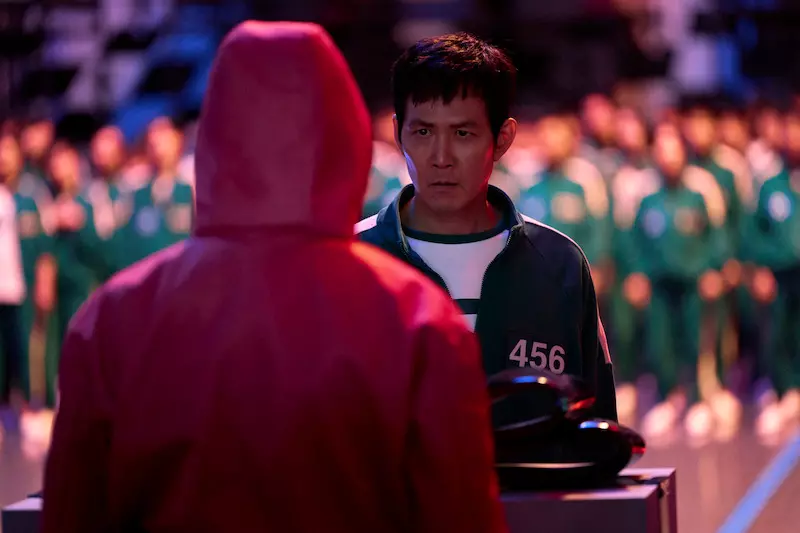
_1735214375.webp)
